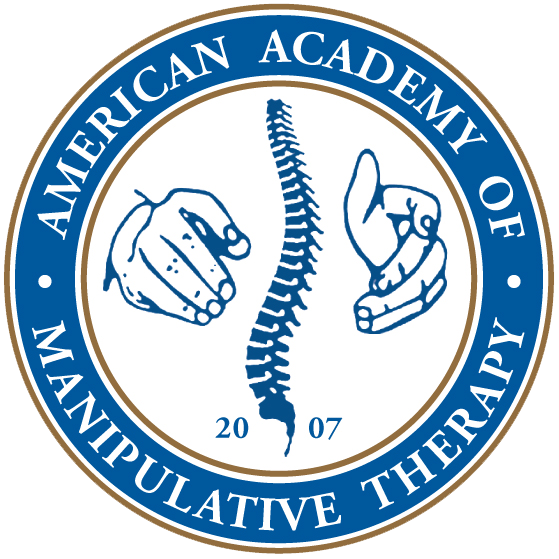Phoenix Rising For Haiti: Providing Sustainable Healthcare to Haiti
Phoenix Rising for Haiti (PRH) is a non-profit organization consisting of a multidisciplinary rehabilitation team that provides medical and orthopedic care in Port-de-Paix, one of the poorest cities in Haiti. Working as a physical therapist in Haiti is a rewarding experience, as there is limited access to healthcare, no health insurance and/or means to pay for medical services. Moreover, according to this official website, most Haitian citizens work as manual laborers and therefore suffer from a number of acute and chronic musculoskeletal conditions. As a result, there is a considerable need for the delivery of evidence-based manual therapy treatments—i.e. spinal manipulation, dry needling, instrument-assisted soft-tissue mobilization etc. Many patients travel for many miles just to be seen by the PRH clinic, lining up as early as 4:00 AM to receive treatment. In fact, on any given day, there can be as many as 200 patients waiting outside the clinic with the hope they get to see a physical therapist that day.
In our most recent trip (April 11-26th, 2015), we had 11 Physical Therapists, 3 Medical Doctors, 1 Physician Assistant, 2 Prosthetists, 2 orthopedic technicians, and 5 volunteer support staff from all over the world. Working “around the clock”, we provided care for over 1200 patients during the 2-week period. The following are just a few examples of the kind of patients we were able to help:
Alix had his left leg amputated above the knee as part of a Voodoo ceremony 2 years earlier. Alix initially came to the PRH clinic in October of 2014 with an infected residual limb and saw Susan Pozzuto, PT. He was referred for and underwent a revision surgery on his distal stump and returned to the PRH clinic in April with his post-operative staples still in his incision! Our medical staff removed the staples, prepared a prosthesis and continued to monitor/make adjustments to the prosthesis over a two week period. Despite intensive physical therapy and countless adjustments, the prosthetic device ultimately failed due to pain, changes in his residual limb size and the rough condition of the Haitian terrain. Simply put, the prosthetic device did not fit the patient or satisfy his functional needs. As such, the Prosthetics team worked throughout the night to recast a completely different prosthetic device, and, on the last day of the clinic, Alix received a prosthesis that fit perfectly. The new prosthetic device facilitated proper weight bearing, allowing Alix to resume walking on the uneven, broken streets and negotiate stairs. Through the collaboration of the entire PRH team, we helped restore Alix’s functional mobility, making him safer and more independent.
Kim Grover, PT had the opportunity to work with a young man named Johnson 5 months after a right tibial fracture. Because of limited access to healthcare, Johnson’s cast was left on too long, resulting in ankle plantar flexion and knee flexion contractures. We immediately removed the cast and addressed his wounds before sending him to physical therapy. Physical therapy initially consisted of instrument-assisted soft-tissue mobilization to his Achilles tendon and Gastro-Soleus muscles followed by ankle and knee mobilizations/stretching. The Orthotic technician also provided a supportive shoe with an adjustable heal lift so as to facilitate a more normal gait pattern. Physical therapy then progressed to gait training using crutches and manual assistance. After just 2 sessions, Johnson was able to able to ambulate with crutches WBAT with improved speed and confidence. By educating Johnson and his family on a home exercise program, he now had a chance a full function recovery!
Valerie Lane, PT worked with a middle-aged woman named Lyvette. Like most Haitian women, her lumbar paraspinals were hypertrophied, and she suffered from exaggerated lumbar lordosis and severe pelvic obliquity. As a result of her musculoskeletal impairments, Lyvette suffered significant functional limitations and chronic pain. However, after osteopractic spinal manipulation to the sacroiliac joint, peri-articular dry needling to the dorsal sacroiliac ligaments and lumbar paraspinals, instrument-assisted soft-tissue mobilization, myofascial cupping, Lyvette reported significantly less pain and disability. Notably, Lyvette specifically reported an improved ability to squat in the stream in order to wash her clothes.
Needless to say, the medical team we were able to put together was nothing less than extraordinary. However, this would not have been possible without the communication and email support from the American Academy of Manipulative Therapy who advertise the PRH trips to Haiti and train the majority of our physical therapists in osteopractic spinal manipulation, dry needling, instrument-assisted soft-tissue mobilization, and myofascial cupping. On behalf of Phoenix Rising for Haiti, thank you! Our next trip is scheduled October 9- 17, 2015, and we continue to look for skilled clinicians to accompany us. Please see our website www.phoenixrisingforhaiti.org or contact me at vlane@phoenixrisingforhaiti.org for further details.
AUTHOR:
Valerie Lane, PT, DPT
Director of Physical Therapy
Phoenix Rising for Haiti
Phoenix, AZ




